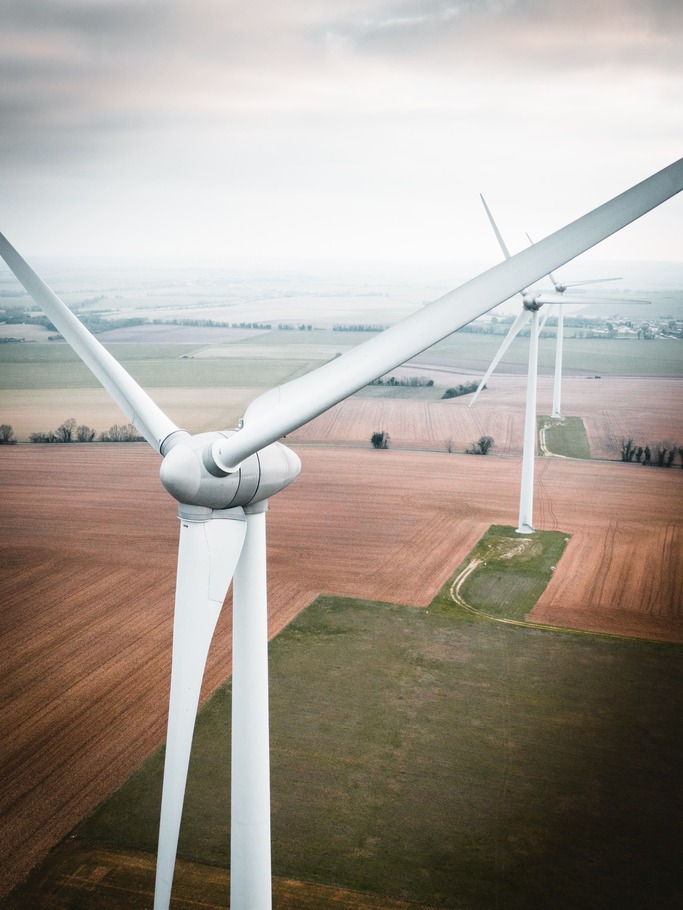How electricity and gas price brakes work
High energy prices are still placing an enormous burden on households and businesses. To ease the burden, the German government is offering further support: the electricity and gas price brakes. The energy price brakes will be introduced on March 1, 2023, but will also apply retroactively for the first two months of the year and run until April 2024, during which time the Labour price (price per kilowatt hour) from Electricity at 40 cents per kilowatt hour capped for 80 % of your previous year's consumption, from Gas at 12 cents per kilowatt hour and for District heating at 9.5 cents per kilowatt hour.
The values of the energy price brakes are based on the annual consumption forecast of your network operator. Even if your actual consumption differs, the amount of the energy price cap remains unaffected. If you consume more energy than the 80 % of the forecast, you have to pay the normal market price of your supplier for the additional amount of electricity or gas. If you use less energy than the 80 % of the forecast, you can save the full price of your supplier for the lower amount of energy. You don't have to do anything yourself, because your supplier will deduct the price break directly from your monthly bill.
What do I need to consider when switching providers?
You also get the relief from the energy price brakes when you change your supplier. The guaranteed price of 40 cents per kilowatt hour for electricity and 12 cents per kilowatt hour for gas is usually always granted. Although a great many electricity and gas tariffs are subject to energy price brakes due to the dynamic situation on the energy markets are affected by price increases, it can be financially worthwhile to change supplier. The remaining 20 % of your consumption above the electricity/gas price cap must be paid at the supplier's regular energy price. This means that you save money on tariffs with energy prices below the energy price brakes. Therefore, look for a favorable energy price with a price guarantee. In the event of a cost increase for gas or electricity, you are often granted a special right of termination, which you can exercise in case of doubt.
Currently available Eco tariffs you will find in the Comparison portal of environmental associations. Only green electricity and biogas tariffs with the Grüner Strom-Label and Grünes Gas-Label quality seals are listed there. They guarantee investments in the expansion of renewable energies, so that we can achieve the goal of a sustainable energy world reach faster. The association is backed by non-profit environmental and consumer associations and peace organizations: NABU, BUND, Deutsche Umwelthilfe, EUROSOLAR, Deutscher Naturschutzring, IPPNW and the Consumer Initiative.
Is it worth saving energy despite the energy price brake?
Yes, saving energy is still worthwhile because the energy price brakes only apply to 80 % of your estimated annual consumption. So for the remaining 20 % you pay the market price, which is very high in the current energy crisis. And even with the price cap of 40 cents per kilowatt hour for electricity and 12 cents per kilowatt hour for gas, energy costs are at a high level compared to pre-crisis times.
Helpful Energy saving tipsYou will find a range of products that will not only save you money, but will also do something good for the environment. here.








